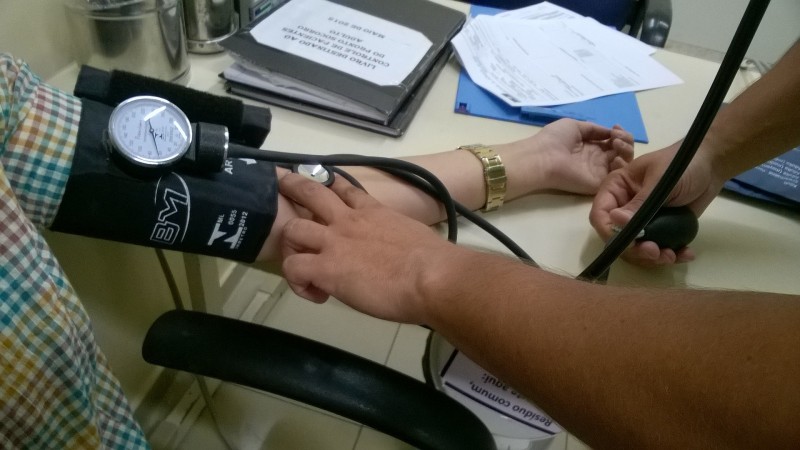
Mar 3, 2017
London, 1st March 2017– SAFE, ESO and industry partners met this week in London, to continue working on the Burden of Stroke project. The main topic was the Burden of Stroke Report launch in May this year, but other important topics were also discussed in a productive 4-hour long meeting. (more…)

Mar 1, 2017

Image: lifewithspasticity.com
Frankfurt, Germany, February 28, 2017—Merz Pharmaceuticals has announced the launch of Life With Spasticity, an educational online platform intended to provide comprehensive information and motivational support for stroke survivors who experience poststroke spasticity. Designed by and for individuals living with spasticity, the project is funded by Merz and has been developed in partnership with Stroke Alliance For Europe (SAFE).
“In addition to providing emotional support and motivation for stroke survivors, the ‘Life With Spasticity’ website also offers a meaningful overview of post-stroke spasticity treatments and rehabilitation processes. We want to ensure that stroke survivors and their caregivers receive accurate and accessible information about the treatment options available to them,” explained Jon Barrick, the President of SAFE. “We believe that everyone who has had a stroke should have the opportunity to make the best possible recovery.” (more…)

Feb 26, 2017
Final Conference
27-28 February 2017, Thon City Centre Hotel, Brussels
Addressing Chronic Diseases: How can the EU effectively implement their prevention, management and care across Member States?
JA-CHRODIS’ aim is to contribute to reducing the burden of chronic diseases and to promoting healthy living and active ageing in Europe. Partners gathered highly promising and cost-effective good practices focusing on health promotion and primary prevention as well as the management of multimorbidity and diabetes, with a view to facilitate their exchange and transfer between European countries and regions. (more…)

Feb 22, 2017
Walking Ability Study Benefits Stroke Survivors
Stroke is the leading cause of disability in older adults in the United States, but research by Clarkson University Associate Professor of Physical Therapy George Fulk and his colleagues is pointing the way to recovery for people who are relearning how to walk.
Using data collected over a number of years from two other large clinical trials, the Potsdam, N.Y. researcher and his team were able to create and analyze one large database. Their results show a six-minute walk test is the strongest predictor of walking activity in the home and community for stroke survivors. That information, in turn, helps map the most effective steps for physical rehabilitation and independence. (more…)

Feb 21, 2017
Rena, aged 81 was widowed recently and lives a semi active life as she suffers from borderline heart and kidney failure. Early one morning, she telephoned a neighbor, requesting she come over immediately. Within five minutes the neighbor, an active volunteer in the national stroke NGO, heard how Rena was suddenly unable to hold her coffee cup. A quick examination of seeing one hand drop when asked to lift both and the drooping of one side of her mouth were sufficient to immediately call an ambulance. (more…)









